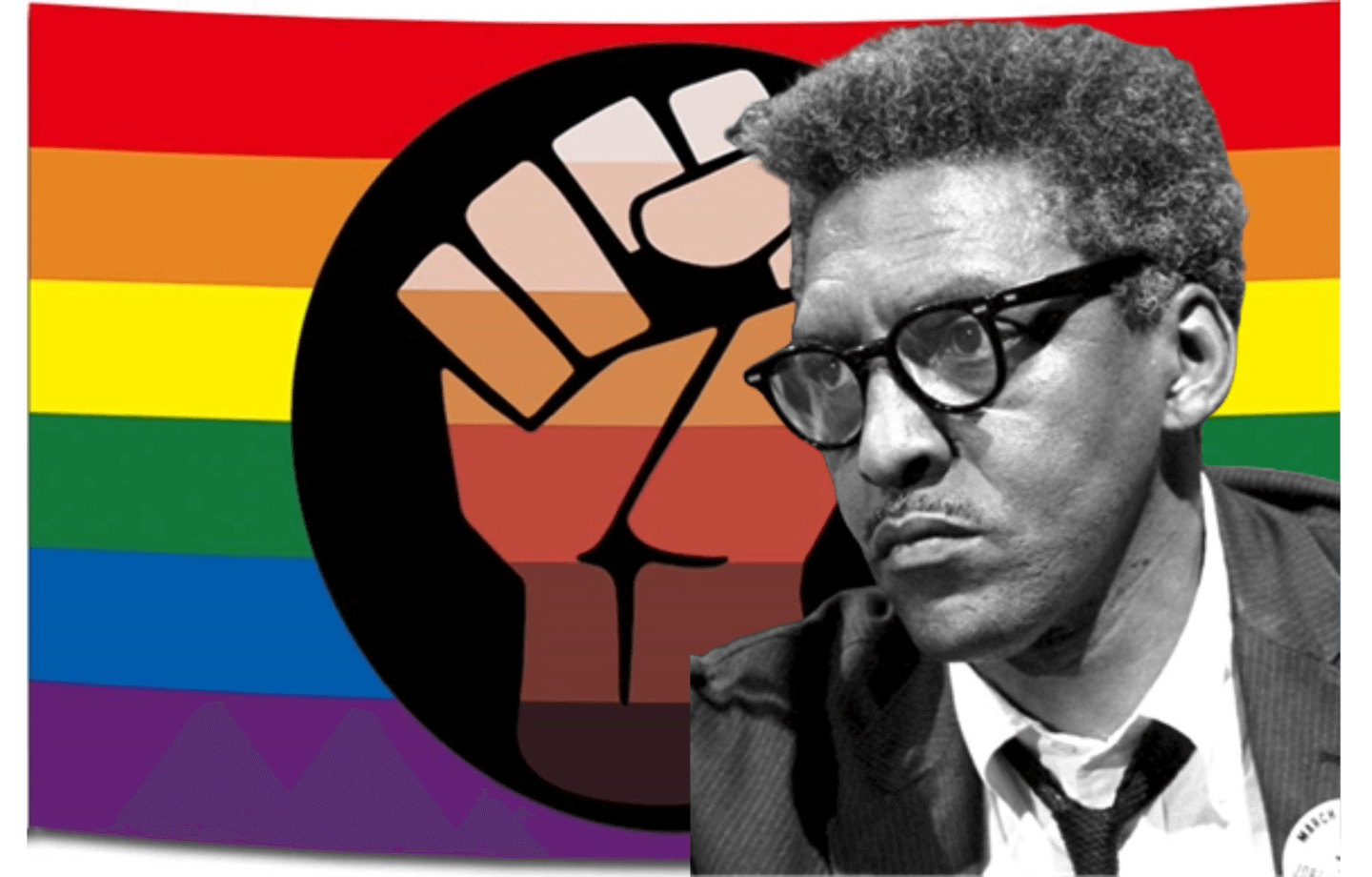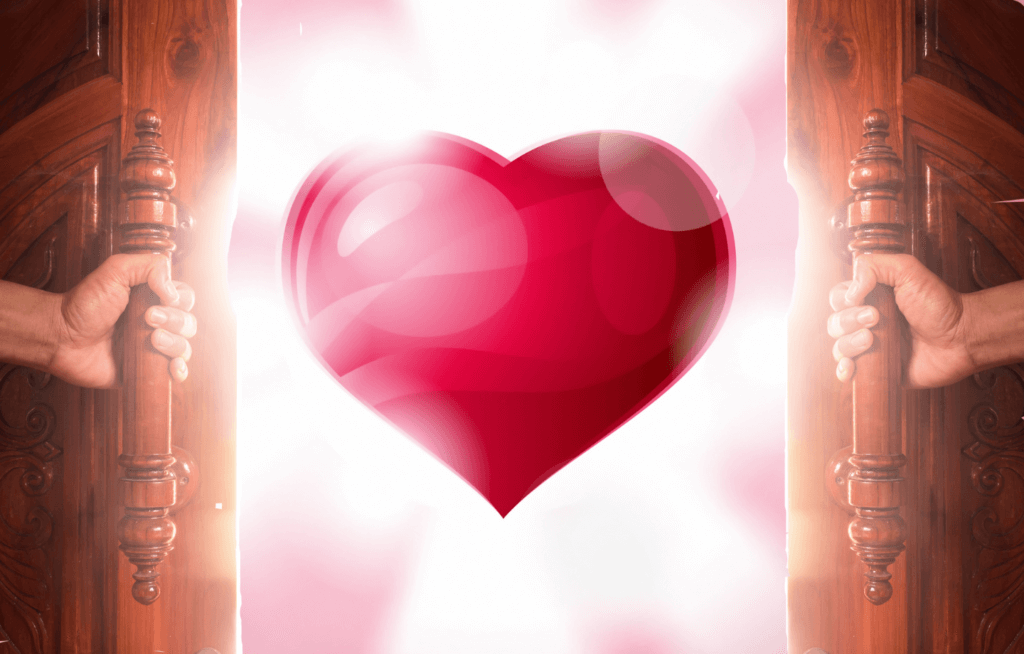
- This event has passed.
Bayard Rustin: The Architect of the March on Washington
Sunday, January 14 @ 10:30 am - 11:30 am


“We need, in every community, a group of angelic troublemakers” This Sunday we honor the legacy of Rev. Dr. Martin Luther King by lifting up the collective power of community. We recognize that every great leader needs people to support them, often anonymously and behind the scenes. We’ll shine the light on the architect of the March on Washington: Bayard Rustin, a key organizer and significant leader whom the majority of people have never heard of. We honor not just the drum-majors of the civil rights movement but the foot-soldiers as well. Rev. Dr. María Cristina Vlassidis Burgoa will be preaching.
How to Attend
We encourage masks in all buildings. Read more about our In Person Guidelines here.
• To virtually attend, please Zoom in using room number 989 3107 9078, passcode: chalice.
• To phone into the service, call 669-900-6833, Meeting ID: 989 3107 9078.
For those joining, please mute as soon as you enter the room, so everyone can hear. Please note, the services will be recorded, but at this time, there are no plans to share the recording.
More Information
All Ages Worship Services
All Church worship services are designed for all ages and stages of life. We do not have R.E. classes or childcare this week. Ushers and greeters will be available for any questions about how to get settled and enjoy worship as a family.
Children sit with their families. In the Sanctuary foyer, we have bags to gather seasonal and themed worship tools students can take to their seats.
For parents of younger children, toddlers are naturally curious and active and they may fidget, climb, or vocalize and that is okay! We encourage participation in simple ways, like sitting close to the front on the story rug or standing during the hymns. There is also a rug in the back of the Sanctuary for young children and a caregiver/nursing chair. For parents of older children, youth may consider sitting with peers. Be sure to discuss the worship afterward using reflective questions.
Learn more about our Religious Education programs here!
If you don’t have a chalice, but want to light one, check out our Making a Chalice at Home page.
In person services are followed by coffee hour.
Children’s Story
Sermon Audio
Bayard Rustin: The Architect of the March on Washington
Sermon Text
This morning we celebrate the birthday of Rev. Dr. Martin Luther King. We honor his legacy as a community builder. And we take this opportunity to also lift up community members that worked closely with Dr. King, giving him the support and encouragement he needed. Dr. King’s legacy of building the beloved community is the gift of being aware that we need one another, that all our lives we are in need of support, that change doesn’t happen because of one individual, it takes a movement, it takes collective action, one that requires trust, collaboration, creativity, flexibility, vision, courage, and all too often, navigating the choppy waters when there are differences of opinion, when we realize our own limitations when it comes to diversity and human rights. In the story of Bayard Rustin, there is embedded a tender story about Dr. King’s humanity, vulnerability, and limitations. There is also a story about invisibility, rejection, fear, distrust, embarrassment, and downright homophobia within a movement working towards liberation, but not liberation for all. Too often we are not invited to reflect on Dr. King’s struggle within the struggle. As if to do so would be disrespectful or even a betrayal of his memory and legacy. We all know that there is always more than one story. We have looked at the Civil Rights movement from Dr. King’s perspective, from Rosa Park’s perspective, and gotten a glimpse from a woman’s perspective. But never really from an intersectional perspective: Bayard Rustin: African American, Quaker, Musician, pacifist, Labor leader, Communist (at least for some time until the party would not go along with desegregation), and Gay. Now when I see the photograph of the march on Washington with Dr. King delivering his I have a Dream speech, I can recognize Bayard in the background. And I wonder what was Bayard’s dream beyond race and desegregation?
Born in 1912, raised by his Quaker grandmother, Bayard grew up surrounded by liberal thinkers whose values and principles upheld the inherent worth and dignity of all, the belief that all people were created equal before God. This meant that at least within his close family circle his being gay was accepted with love and respect. His grandmother belonged to the NAACP and often invited to her home well known social justice leaders and intellectuals, giving Bayard an early education in human rights. Bayard found in labor organizer A. Phillip Randolph, a mentor that would shape his passion and dedication to the labor movement. It is no surprise that Bayard joined the Communist party as a union organizer, and it is also not a surprise that he left the party when they did not support desegregation. Bayard loved music and when he was 27 years old he starred in the musical John Henry with Paul Robeson. He also made several recordings of spirituals, traditional African American music, and Elizabethan songs. He taught himself to play the lute while in prison. In 1942, 13 years before Rosa Park’s courageous protest, Bayard refused to move to the back of the bus, was beaten, and arrested.
He was part of the Congress of Racial Equality and the American Friends Service Committee and participated in actions to denounce the Japanese internment camps and to protect the homes and businesses of Japanese Americans. Inspired by his Quaker beliefs, Bayard became a conscientious objector during World War II refusing to show up for the draft board’s medical examination and was punished with 28 months in a federal prison. In 1943, when he was released, he went to India to study Gandhi’s pacifist movement. From this experience in India he learned non violent tactics that inspired him in 1947 to organize the very first freedom rides in the South. He was arrested and sentenced to prison and hard labor, known as chain gangs. This inhumane practice ended in North Carolina thanks to Bayard’s writings exposing this barbaric practice. And even in prison, or especially because he was in prison, Bayard never stopped singing.
In answer to the question: Why haven’t most people heard more about Bayard Rustin? The Rev. Charles Stephens writes: “The reason why he became so invisible as a civil rights leader and among other groups was because he was a proud and exuberant gay man…Rustin was frequently pushed aside because of his courageous honesty about his homosexuality…Long before most others, Bayard saw his struggle against oppression as a homosexual as part and parcel of his Civil Rights struggle against oppression as a black man in America.”
And President Barack Obama said about Bayard: “You may not know the name Bayard Rustin. But you should. Bayard was a giant in the Civil Rights movement and an inspiration to me and thousands around the world in the cause of freedom and justice. He is one of the greats. As an out gay man in a far less tolerant time Bayard never hid who he was but the discrimination he faced meant that he was often overlooked and held back. And yet Bayard persevered. He kept speaking out, kept organizing and because he did, the world changed. The march on Washington never would have happened without him. [Bayard’s] story [but] is not just his story. It’s the story of thousands of ordinary folks who showed the world what America looks like at our best. All these years later their work continues to give us a roadmap to confront the injustices of our time. As president I had the honor awarding Bayard the Medal of Freedom not just for his work on the march but for a lifetime spent bending the arc of the moral universe towards justice.”
Bayard was openly gay at a time when being gay was illegal. Bayard was arrested and spent 60 days in prison on “morals charge” for having sex with men. It took 67 years, 33 years after his death, for Bayard to receive a pardon from California governor Newsom who stated: “Mr. Rustin was criminalized because of stigma, bias, and ignorance…With this act of executive clemency, I acknowledge the inherent injustice of this conviction, an injustice that was compounded by his political opponents’ use of the record of this case to try to undermine him, his associates, and the civil rights movement…Law enforcement and prosecutors specifically targeted LGBTQ individuals, communities and community spaces for criminal prosecution.” Assemblywoman Shirley Weber, the chairwoman of the California Legislative Black Caucus, said the pardon would finally remove a stain on Rustin’s legacy: “The Arc of Justice is long, but it took nearly 70 years for Bayard Rustin to have his legacy in the Civil Rights movement uncompromised by this incident…Rustin was a great American who was both gay and black at a time when the sheer fact of being either or both could land you in jail.”
Today we lift up Bayard Rustin as the architect of the March on Washington and so much more! Looking back, we can count Bayard as a pioneer in the LGBTQ liberation movement. We recognize that Dr. King struggled with the fact that many of his Black clergy colleagues and those in his inner circle wanted Dr. King to distance himself from Bayard. They opposed having an ex-communist and openly gay man being one of Dr. King’s main advisors. They feared the political backlash that could negatively impact the civil rights movement progress. To his credit, Dr. King’s response was: “You’re doing the same thing to Bayard that Hoover did to us.”
Beloveds, today we lift up Bayard’s legacy as the one who learned Gandhi’s pacifist tactics and influenced Dr. King to adopt the non-violent approach that characterized the Civil Rights movement. A Holy troublemaker. In Bayard’s words: “It occurred to me shortly after that that it was an absolute necessity for me to declare my homosexuality, because if I didn’t I was a part of the prejudice. I was aiding and abetting the prejudice that was a part of the effort to destroy me…When an individual is protesting society’s refusal to acknowledge his dignity as a human being, his very act of protest confers dignity on him. We need in every [bay and] community a group of angelic troublemakers.” May we be inspired by Bayard’s lifelong commitment to social justice. May we hold his story and his courage alongside Dr. King, as a beacon of hope as we continue to struggle, to organize, to protest, and to dream: of Peace, Justice, and Freedom for all. May we continue singing songs of freedom and bending the arc of the universe towards justice as the holy troublemakers that we are. Amen and Blessed Be!


